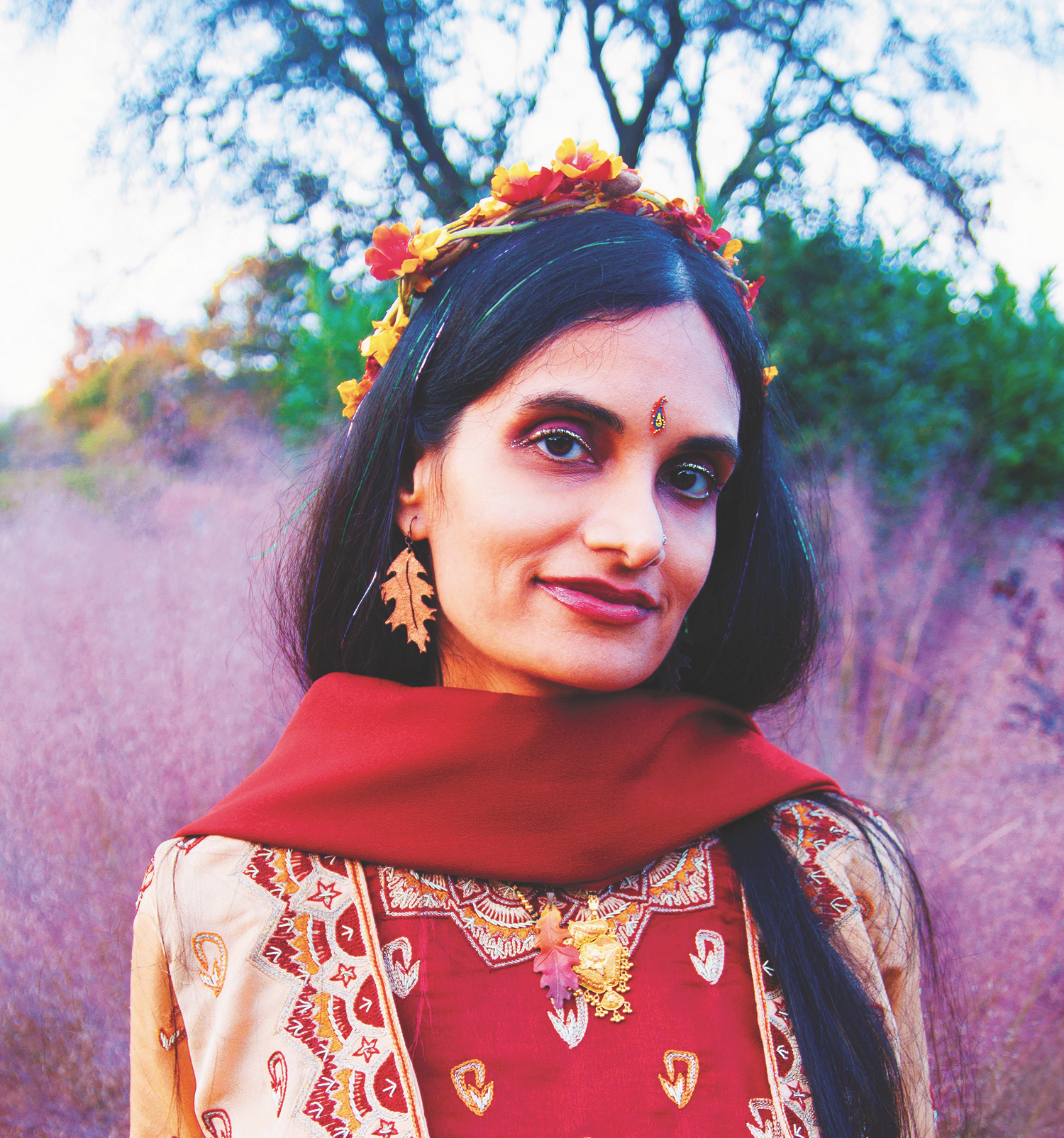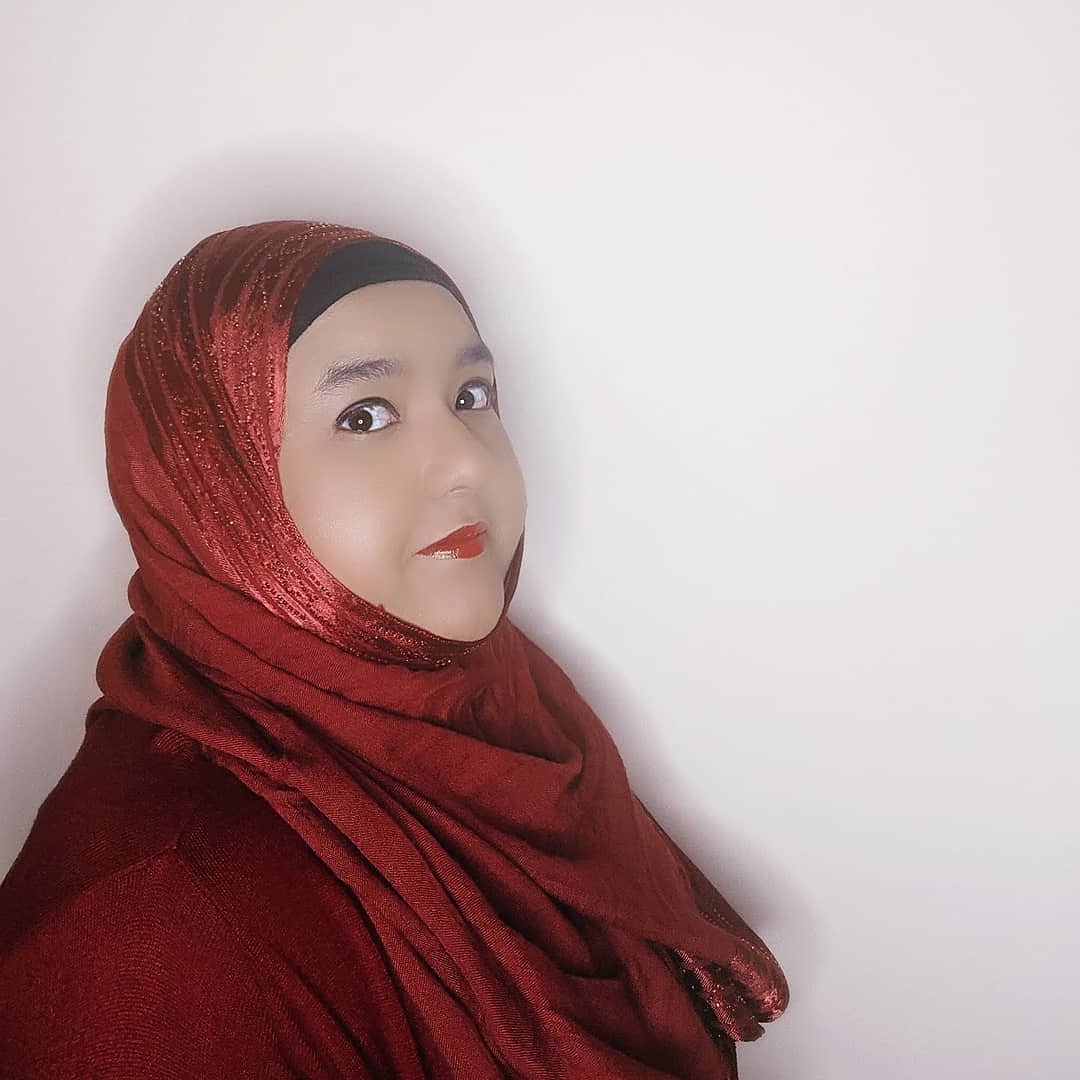
by Michele Kirichanskaya | May 13, 2022 | Blog
Shveta Thakrar was one of the inaugural Walter Dean Myers grant recipients of 2015 and has been a shining mainstay in fantasy, appearing on conference panels since 2010. She has had fiction published in Uncanny Magazine, Faerie Magazine, and forthcoming from...

by Michele Kirichanskaya | May 4, 2022 | Blog
Adiba Jaigirdar is the critically-acclaimed and bestselling author of The Henna Wars and Hani & Ishu’s Guide to Fake Dating. A Bangladeshi/Irish writer and teacher, she has an MA in Postcolonial Studies from the University of Kent, England and a BA in English and...




